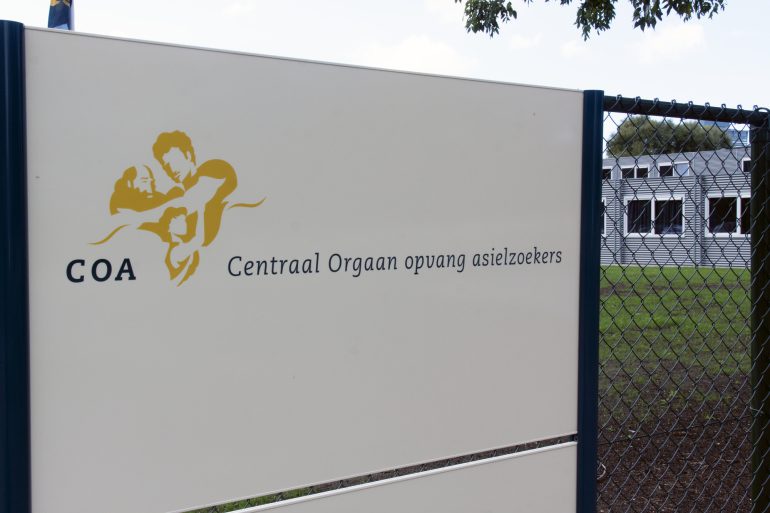Historically, the Netherlands has been the melting pot of different civilizations and has been extremely active in addressing humanitarian crises, including the reception of refugees affected by various disasters worldwide.
The Russian invasion of Ukraine and the Covid-19 pandemic have a serious economic, social and political impact for the world, with many countries on the verge of collapse and refugees left scrambling for basic supplies. The Netherlands is not immune to the consequences of this refugee crisis. The overcrowded reception centers in various parts of the country are lacking basic resources such as food, showers and places to sleep. Even the Red Cross described the current situation as ‘inhumane’.
Concerning the deplorable conditions, the Central Agency for the Reception of Asylum Seekers (COA) announced its decision to seek a legal ruling to ensure that the reception of asylum seekers meets the minimum requirements. The aid organization has warned the government to undertake decisive steps in order to combat the ongoing refugee crisis. Sadly, the situation has only fallen further below the humanitarian threshold. Hundreds of refugees have been sleeping in crisis emergency shelters on camp beds and chairs for several months, or even outdoors on the ground. These shelters even lack the most basic necessities such as basic food, clean sanitary facilities, privacy and protection from ever-changing weather conditions.
The central government and municipalities are in a deadlock, questioning each other as to who is responsible for the ongoing crisis. The government wants to force municipalities to accept refugees and organize shelter for them, while most municipalities point out that the reception crisis is not the result of the refugee crisis but stems from political choices that have left the whole asylum system in complete despair.
The COA also believes the problem has arisen due to the lack of decisive action on the part of the central government. It has expressed several cries for help in the last year, but all were in vain. Now it seeks the court’s interference in the matter because action is needed now. A court ruling will not only bring change in the quality of supplies for refugees, but hopefully also increase the quantity of available places. The COA is currently finalizing the summons, which is to be sent in the coming month.
The Ministry of Justice and Security agrees with the COA’s decision to go to court, showing concerns over a callous indifference among the municipalities to the sufferings of asylum seekers. State Secretary Eric van der Burg wrote a letter to parliament describing the situation as ‘unsustainable’. The Ministry has been searching for a sustainable solution for months, but is stumped by the municipalities’ unwillingness to provide shelter. Furthermore, a national crisis structure has also been formed, which will be led by the Ministerial Crisis Management Committee (MCCb). This would provide authorization to the committee to take measures on behalf of the cabinet to manage the crisis.
The cabinet has already chalked out a plan to relieve the pressure on the asylum chain, including the establishment of a second registration center next to the current one in Ter Apel. The State Secretary also reiterated that the situation would improve and people would no longer be sleeping on chairs. Several new reception centers with a high accommodation capacity (of at least 800 people) in locations such as The Hague, Delft and Voorschoten are in the pipeline. Advanced discussions have already paved the way for both new registration centers and housing in asylum seekers’ centers.
One solution is to ensure that those refugees who have received permission to stay (so-called ‘status holders’) must move from asylum seekers’ centers to social housing as soon as possible, so their places can be taken by new asylum seekers. However, this again requires the collaboration of municipalities, who are in charge of social housing. In the long term, people should be spread evenly throughout the country, so no municipality can escape its duty. A sustainable solution understands and appreciates the needs and problems of refugees in the Netherlands is a necessary step to continue the Dutch tradition of hospitality.
Written by Parul Sachdeva
